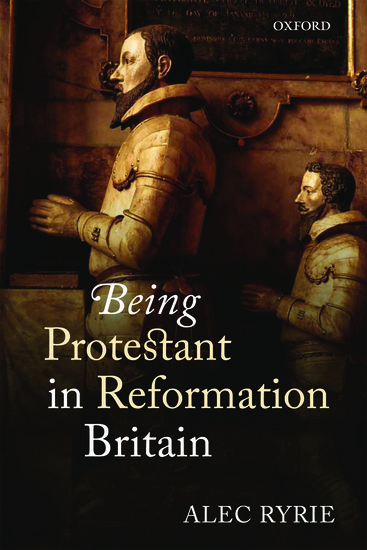Despite the ghastly photo, I think this is actually a big deal.
It's been one of the big things which has chewed up my time over the past few months, so I would think that. But if it works, it could potentially be more than just a reorganisation. It could help to make scholarship and intellectual life seem less toxic in the Church of England: I am inclined to take the very fact of the contract as a hopeful sign that the wave of Anglican anti-intellectualism that was so visible in the 1990s is passing. And it could help to make the C of E a little less institutionally partisan. Of course each college and course will continue to have its own ethos, and nobody expects to see Wycliffe Hall and St Stephen's House dancing cheek to cheek (bad mental image, I know). But having a common structure for theological training across the C of E is not a bad thing. It may help to make the idea that 'the Church of England' is actually a single entity slightly less laughable.
And the ecumenical side of it is more important than it might seem. True, the Anglicans are the elephant in this bathtub, but the small numbers of Methodist, URC and Baptist students are important beyond their numbers. Apart from anything else, the Anglicans seem to play more nicely with each other when there are grown-ups from the other denominations in the room.
And it's all on us to make it work.
Friday, 26 April 2013
Thursday, 18 April 2013
Book book book!
Shameless self-promotion here, but the new book is the main thing I've been working on since 2005, and it's just out, so, hurrah. Particular thanks to Peter Jewitt for the beautiful photo used for the cover.


And since I'm blowing my own trumpet, you don't get reviews like this one every day! It can only be downhill from here.
Tuesday, 16 April 2013
Who ate all the gold?
Now back, and catching up on my podcasts, I was enjoying the ever-reliable BBC More or Less on the subject of how much gold there is in the world. The answer, apparently, is that no-one has the faintest idea: the estimates vary wildly. Even some of the apparent certainties stated in the programme don't seem to be to stand up: notably the claim that 'all the gold that has been mined throughout history is still in existence in the
above-ground stock'.
I'm not just talking about buried treasure, though I confess to having always enjoyed the possibility that Alaric the Visigoth may have had half the gold of the ancient world buried with him in the bed of the Busento in 410. The programme referred to the use of tiny quantities of gold in modern electronics - quantities so small as to be effectively unrecyclable and therefore irrecoverable - as a novelty. Which of course it is. But exactly the same thing applies to one of the common medieval uses of gold: the decoration of food with gold leaf. I've eaten gold leaf myself at a fascinating session on medieval food we held at Durham a few years back. (It doesn't really taste of anything.) Gold leaf can be made so thin that it doesn't use much of the stuff. And it is the ultimate form of conspicuous consumption. But once gold has entered the food chain, I don't think it's coming back.
So the ancient world's gold didn't get buried, or stolen, or exaggerated. We just scoffed it.
I'm not just talking about buried treasure, though I confess to having always enjoyed the possibility that Alaric the Visigoth may have had half the gold of the ancient world buried with him in the bed of the Busento in 410. The programme referred to the use of tiny quantities of gold in modern electronics - quantities so small as to be effectively unrecyclable and therefore irrecoverable - as a novelty. Which of course it is. But exactly the same thing applies to one of the common medieval uses of gold: the decoration of food with gold leaf. I've eaten gold leaf myself at a fascinating session on medieval food we held at Durham a few years back. (It doesn't really taste of anything.) Gold leaf can be made so thin that it doesn't use much of the stuff. And it is the ultimate form of conspicuous consumption. But once gold has entered the food chain, I don't think it's coming back.
So the ancient world's gold didn't get buried, or stolen, or exaggerated. We just scoffed it.
Subscribe to:
Comments (Atom)